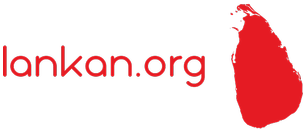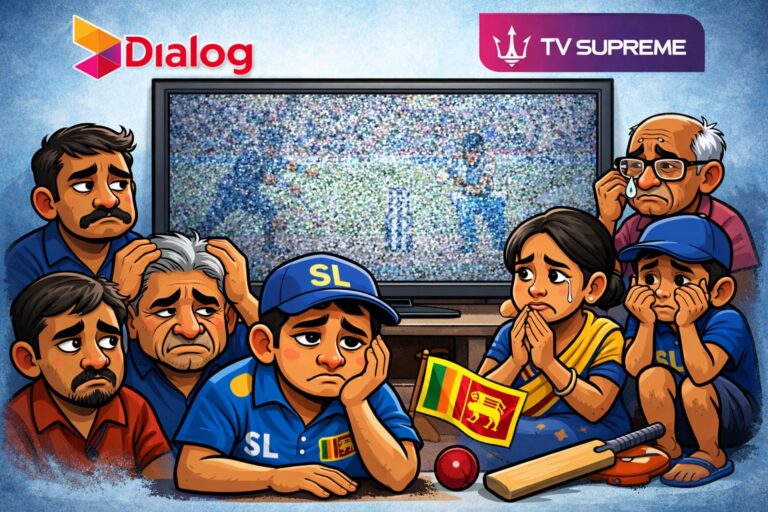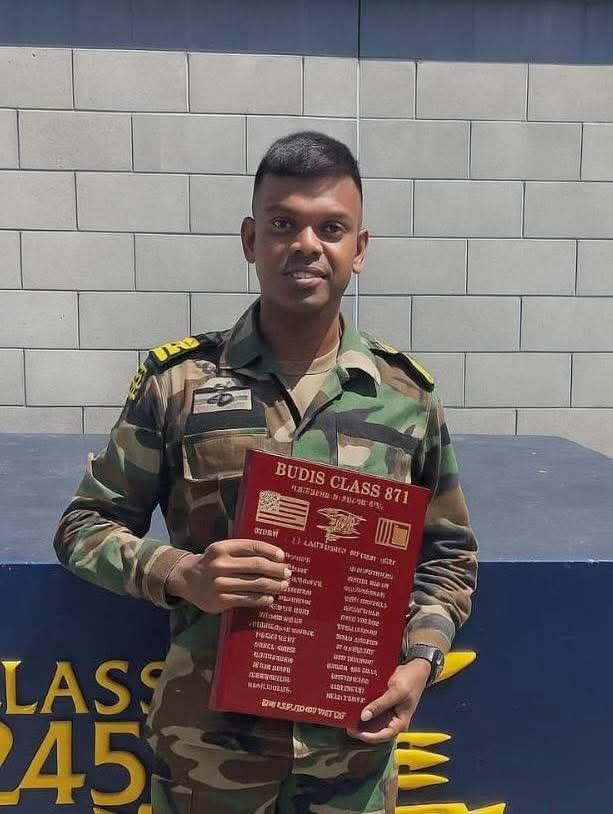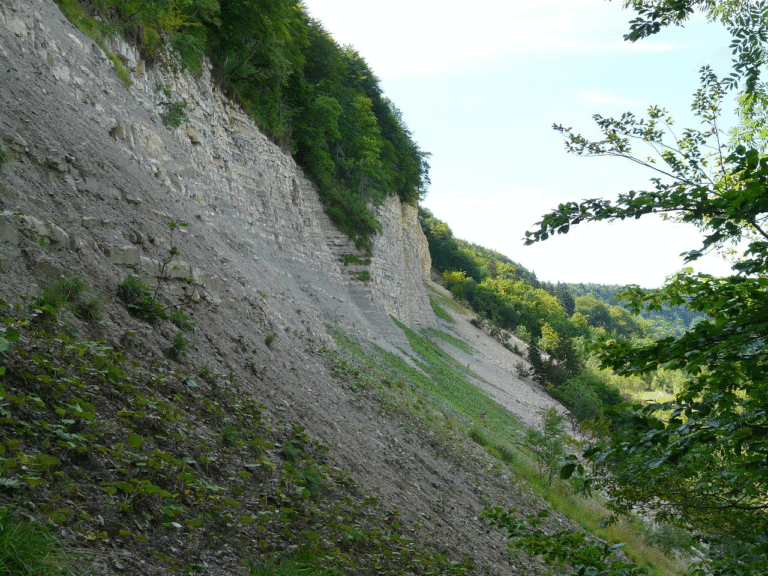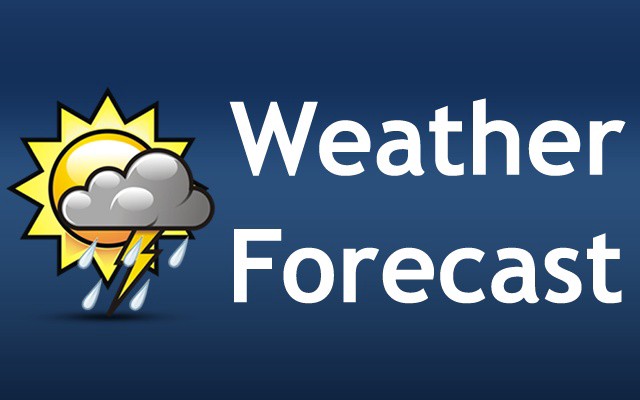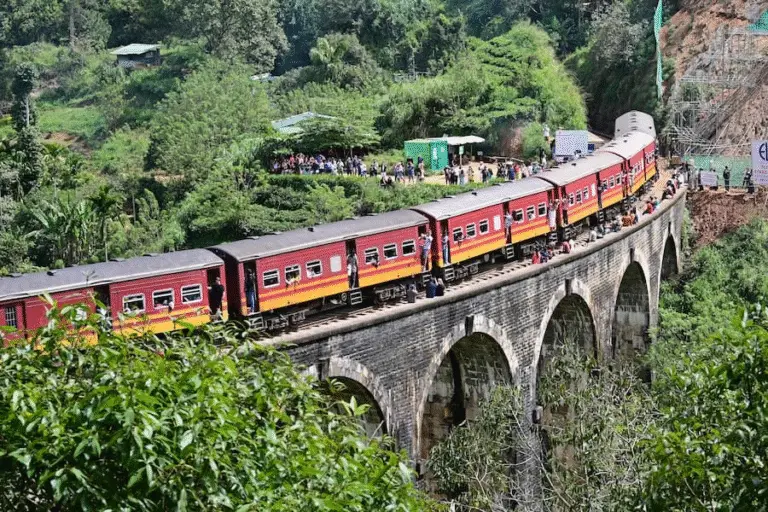
Cardinal Robert Francis Prevost has made history as the first pope from the United States, now known as Pope Leo XIV, becoming the 267th leader of the world’s 1.4 billion Catholics.
The 69-year-old Chicago native greeted thousands of cheering faithful from the balcony of St. Peter’s Basilica on Thursday evening with the words: “Peace be with you all.” In his inaugural address, Leo paid tribute to his predecessor Pope Francis while outlining his vision for the Catholic Church.
“We have to seek together to be a missionary church. A church that builds bridges and dialogue,” he declared in Italian, calling on people to “show our charity” to others “and be in dialogue with love.”
Leo’s selection came swiftly, just two days after 133 cardinals gathered in conclave, suggesting he quickly earned the confidence of his peers during the secretive process. Observers expect him to continue building upon Francis’ reforms while potentially establishing his own distinct papal style.
Background and Experience
Prior to his elevation, Prevost headed the influential Vatican Dicastery for Bishops, where he assessed candidates for episcopal appointments. He simultaneously served as president of the Pontifical Commission for Latin America, reflecting his deep connections to the region.
As a member of the Augustinian order, Prevost spent over a decade as its prior general, managing operations across the globe. His missionary work took him to Peru for ten years, and he later served as bishop of Chiclayo from 2014 to 2023, even becoming a Peruvian citizen in 2015.
During his first address as pope, Leo notably switched from Italian to Spanish to address his “beloved diocese” in Chiclayo. Peruvian President Dina Boluarte celebrated his election as a “historic moment for Peru and the world,” noting how he “sowed hope, walked alongside the most needy, and shared the joys of our people.”
In the United States, President Donald Trump called the news a “great honor” for America, while Vice President JD Vance expressed that “millions of American Catholics and other Christians will pray for his successful work leading the Church.”
A Global Perspective
Vatican analysts suggest Prevost’s extensive international experience helped overcome traditional reluctance to select an American pope. “He’s somebody that, even though he’s from the West, would be very attentive to the needs of a global church,” noted CNN Vatican analyst Elise Allen, who described him as “calm and balanced” and “evenhanded” in leadership.
Prevost’s educational background includes a bachelor’s in mathematics from Villanova University and theological training at the Catholic Theological Union of Chicago. He later studied canon law in Rome and taught the subject in Peru.
In a previous interview with Vatican News, Prevost emphasized his missionary identity: “I still consider myself a missionary. My vocation, like that of every Christian, is to be a missionary, to proclaim the Gospel wherever one is.”
Challenges Ahead
The new pontiff faces significant challenges, including navigating the Church through the upcoming jubilee year while determining whether to continue Francis’ more progressive approach to social issues. His papacy begins amid ongoing global conflicts, rising populism, and the Church’s unresolved sexual abuse crisis.
Regarding the inclusion of women in Church governance, Prevost has previously stated: “There is a real, genuine, and meaningful participation that they offer at our meetings when we discuss the dossiers of candidates.”
On addressing clerical abuse, he acknowledged: “There are places where good work has already been done for years and the rules are being put into practice. At the same time, I believe that there is still much to learn.”
As Leo XIV begins his papacy, he inherits both the transformative legacy of his predecessor and the responsibility to guide the Catholic Church through complex global challenges while addressing internal reforms that remain incomplete.
